The Poet and the News
More than ever, I seem to imbibe the news, allow it to become a part of me, choke my obsessive subconscious like invasive kudzu. No wonder then that I feel tempted to write about these events and their consequences.
Please note that orders placed between February 1-February 17 will not be shipped until February 17. Thank you for your patience.
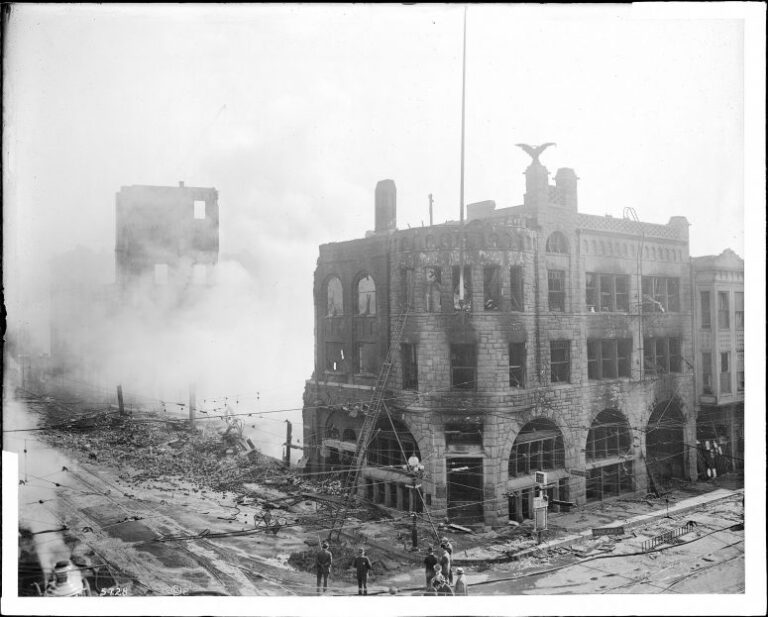
More than ever, I seem to imbibe the news, allow it to become a part of me, choke my obsessive subconscious like invasive kudzu. No wonder then that I feel tempted to write about these events and their consequences.
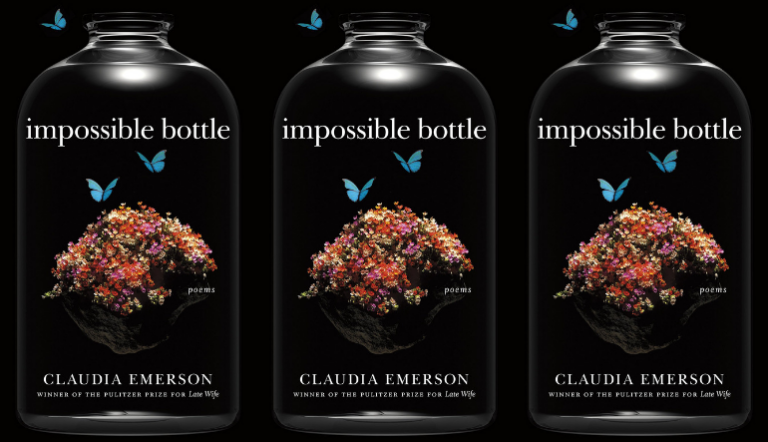
I take the five students of my poetry micro-workshop outside to discuss Claudia Emerson’s latest collection Impossible Bottle. As we sit in the sun, bending over the brilliant bright book pages, a student points to the poem “Metastasis: Web” and volunteers to read it aloud before our analysis of the author’s craft choices. You—join us….
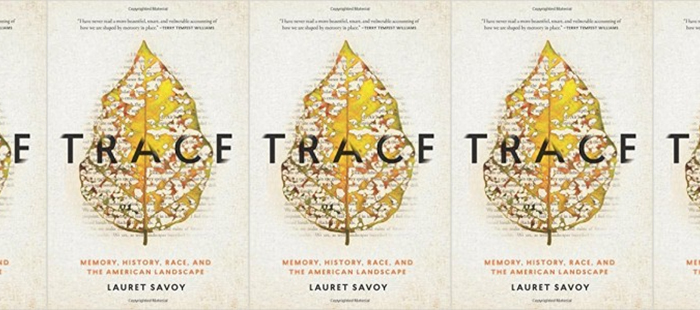
Reading nature writing is second in transformative joy only to being in nature. That joy is slippery in Trace: Memory, History, Race, and the American Landscape by Lauret Edith Savoy, where moments of sublimity are often punctuated by cruelty and alienation.
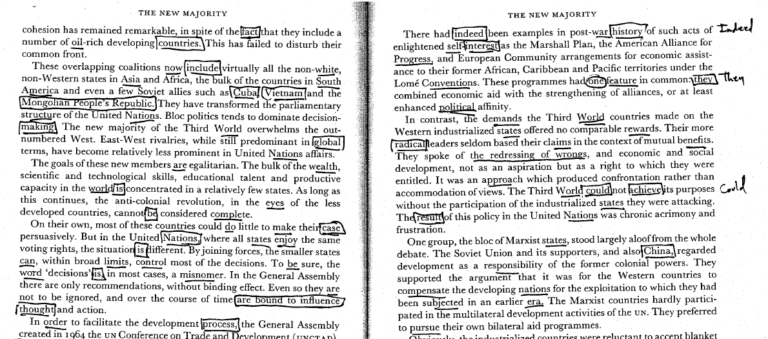
Why do we erase? We make mistakes. Or, different words demand emphasis. Or, we want to return to the beginning. In creating a poem out of erasing another text, we ask questions of the text itself, but we also open up an analysis of silence. The Voyager is an erasure poem by Srikanth Reddy that…
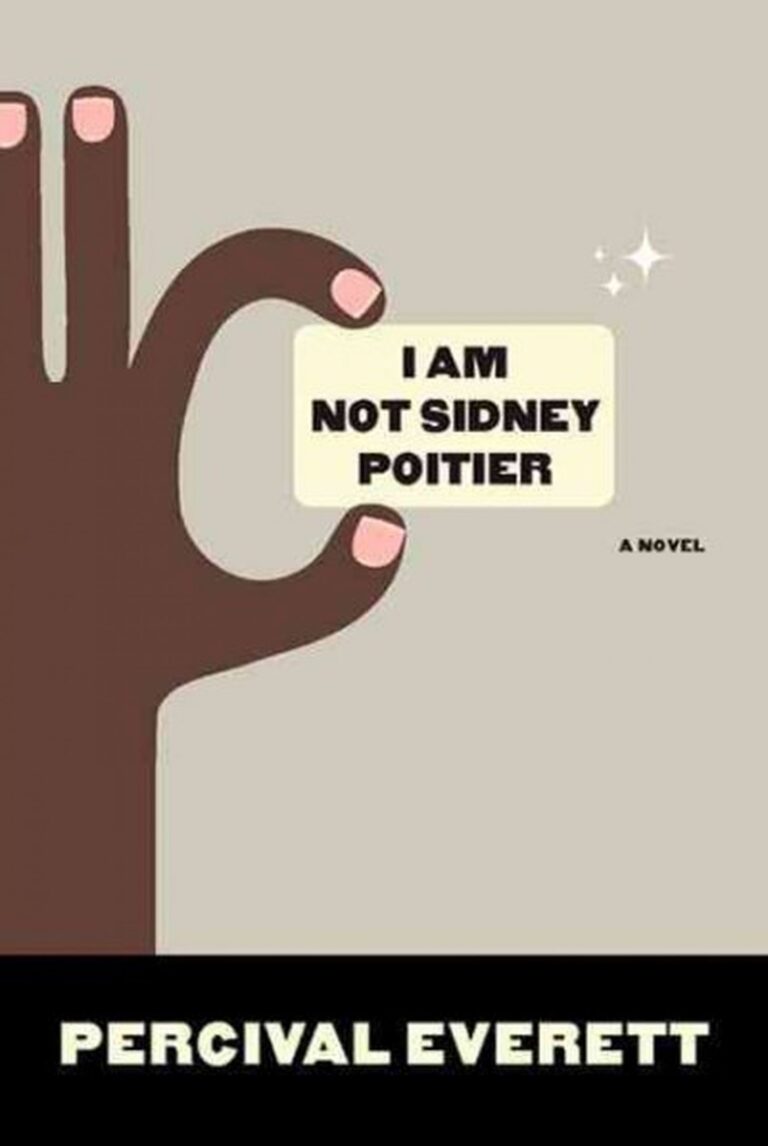
We’re happy to present the first of a new series–interviews with our guest editors, following the publication of their issues. Below is an introduction by Jessica Treadway, Emerson College professor and author of the forthcoming Lacy Eye (Grand Central, 2015), and a conversation between Editor-in-Chief Ladette Randolph and Percival Everett, guest editor of the Fall 2014…
No products in the cart.